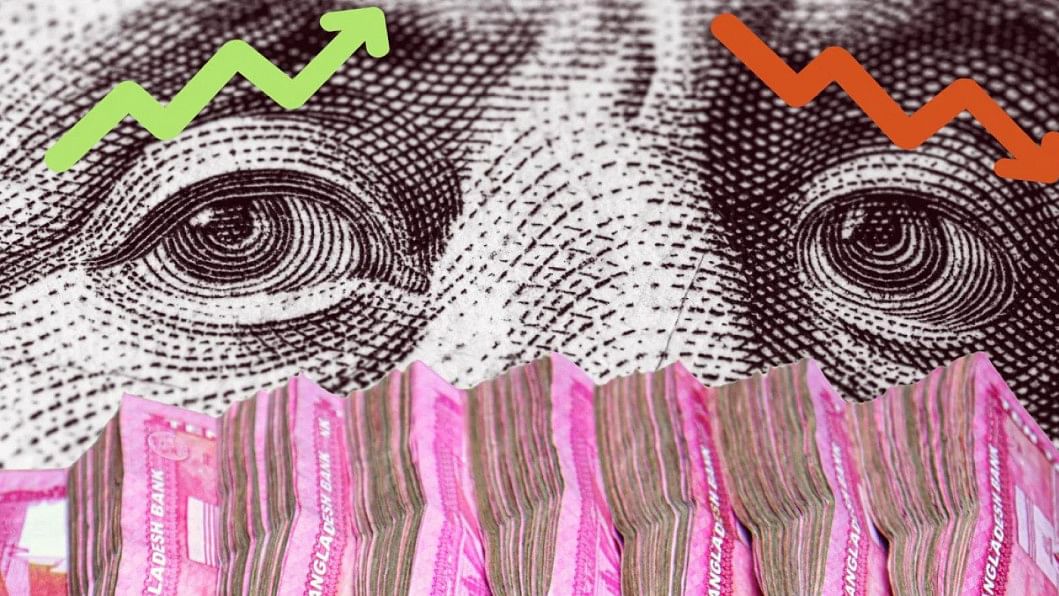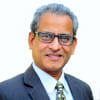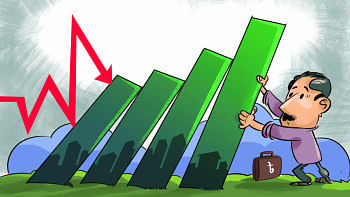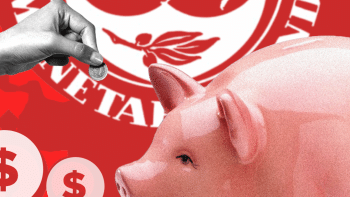Bangladesh’s Monetary Policies: A poor dose of the right medicine

The herbal medicine prescribed by a rural kobiraj may be scientifically right, but its inadequate dosage often fails to cure the diseases of patients in the village. The same has been true of our latest monetary policy for the January-June term of FY2023.
Despite all good intentions, Governor Talukder fails to change the parameters of monetary policy well enough to make a perceptible reduction in inflation and prevent the probable depletion of foreign currency reserves.
The policy brands itself as "cautiously accommodative" – a phrase akin to saying that something is "bitterly sweet." No matter what numeral tricks regarding inflation are displayed by the bureau of statistics, whose data is often disputed because of its faulty basket and cunning calculations, inflation is the number one torture for the mass whose savings are evaporating, and livelihood has come under hardship.
Even with the disputed data of BBS, the downward trend of inflation – which some policymakers are seizing with ample self-complacency – is statistically insignificant. The imperceptible downward trend of inflation is attributable to global commodity and fuel prices, and is not a credit to local policymaking, which actually fueled high prices by stubbornly clinging to the strange nine-percent lending rate, and thus letting the rich borrow banks' money at zero real costs.
Despite all the cosmetics of the new monetary policy, that anti-theoretical nine-percent cap still prevailed by signaling that money is still as cheap as dirt for wealthy industrialists who often turn into defaulters. It signals that money is more expensive for people of the middle or lower-middle classes, who resort to availing consumer loans for buying their durables like refrigerators, televisions, small vehicles, and furniture.
The policy twist of the nine-percent cap for capitalists and the 12-percent for fixed-income-earning consumers is an open testimony of favoritism for the super rich. The selective tightening of consumer loans is discriminatory to the financially weaker section of society, who have little bargaining power.
Usually, economists are noted for their wide differences of opinions. As the British social economist Barbara Wootton observed, when six economists gather, seven opinions emerge.
But not a single economist in Bangladesh supported the nine-percent cap on the lending rate in the face of galloping inflation. Still, the finance minister manufactured his own theory by arguing that the cap is beneficial for the economy.
The nine-percent cap was imposed in 2020, during the pandemic. But oddly, the music is still on when the Covid-induced debility has ebbed long ago. The intent of keeping this cap is to continue nourishing the tycoons at the cost of high inflation.
Recently, FBCCI business leaders met the BB governor and argued for keeping the cap to serve their interests. And the governor catered to their demands. Although he indicated that removing the cap is only a matter of time, it's hard to understand what better moment there could be to justify removing the nine-percent cap than right now. At present, no sensible country in the world has kept any such cap on lending rates as inflation blisters their economy.
The call money rate – the interbank borrowing rate – has recently spiked to as high as 10 percent, evidencing a severe liquidity crisis in the banking sector. The rate was around four percent this time last year, which makes sense because the call money rate usually remains in the repo corridor – the space between the repo rate and the reverse repo rate. The repo rate – the rate at which banks are allowed to borrow funds from the central bank – has been raised by only 25 basis points, to be six percent, which is much lower than the existing call money rate. This suggests that the central bank's move to raise the policy rate is correct in its direction, but that its magnitude is farcical – an attempt to show that BB has only a theoretical understanding of how to fight inflation by raising policy rates.
But the magnitude of 25 basis points resembles the herbal dose of the nervous village kobiraj – both are miserably inadequate to make any perceptible changes in the patient's health and for inflation, respectively.
If inflation goes down, it will be due to luck and a global price reduction for oil and other commodities. BB cannot claim any credit for making it happen. Rather, its inertia towards the dirt-cheap lending rate for businessmen and defaulters will keep stoking inflation. Had the nine-percent cap been dismantled, inflation would have gone down, giving some comfort to poor and middle-income people.
Bangladesh Bank has missed the train by caving in to the pressure of the finance ministry, which dictates policymaking at the central bank being driven by short-term political interests. And this is even more so now, before the general election. Herein lies the political economy of our central bank's incapacity of forging an independent monetary policy.
The BB governor is still praise-deserving in that he articulates the necessity of a unified exchange rate to be based on the market – a deviation from which during the previous governor's regime caused the severity of the current dollar crisis and foreign exchange depletion. The governor commanded his apparatus to find the cheating of importers who accomplish money laundering by over-invoicing. Importers also resort to under-invoicing to dodge import duties, worsening Bangladesh's fiscal capacity, which is already the weakest in the region. This murky area was never diagnosed so closely as it is being done now, bringing some hope of tightening the outflow of funds. The governor should seek magisterial power to punish some notorious importers who are largely responsible for laundering USD 8 billion annually from Bangladesh, as per World Bank data.
The government has started frantically borrowing from the central bank since its revenue collection lagged behind the target, as usual, and its sanchaypatra source has stopped laying golden eggs of late. The credit growth target in the government sector of almost 38 percent – a desperate rate never seen before in recent decades – must be curtailed if BB wants to combat inflation. Otherwise, the central bank will remain a helpless observer of inflation that draws its vitamins from huge public sector credit and hunky industrial loans.
Dr Birupaksha Paul is a professor of economics at the State University of New York at Cortland in the US, and former chief economist at Bangladesh Bank.

 For all latest news, follow The Daily Star's Google News channel.
For all latest news, follow The Daily Star's Google News channel. 











Comments